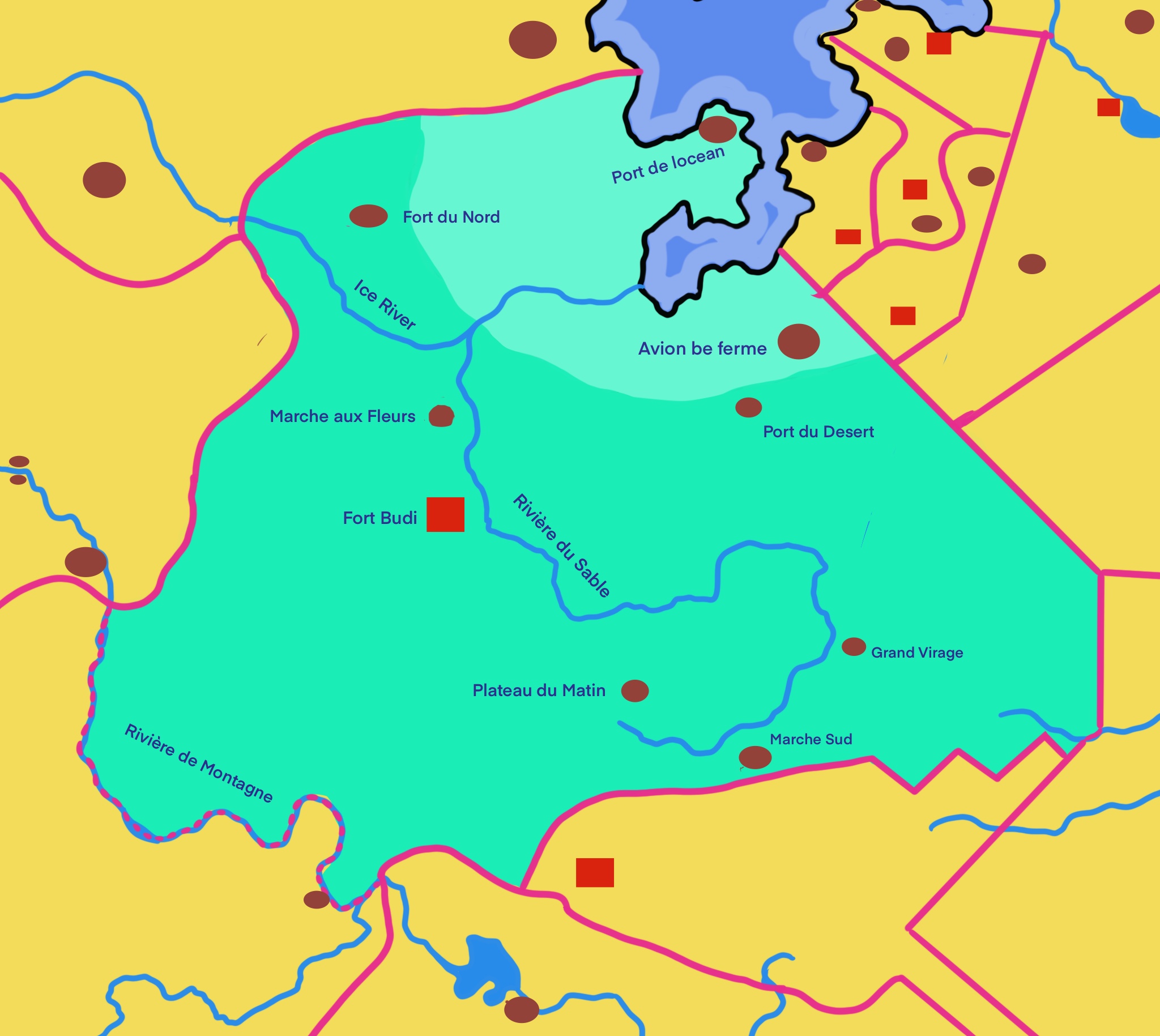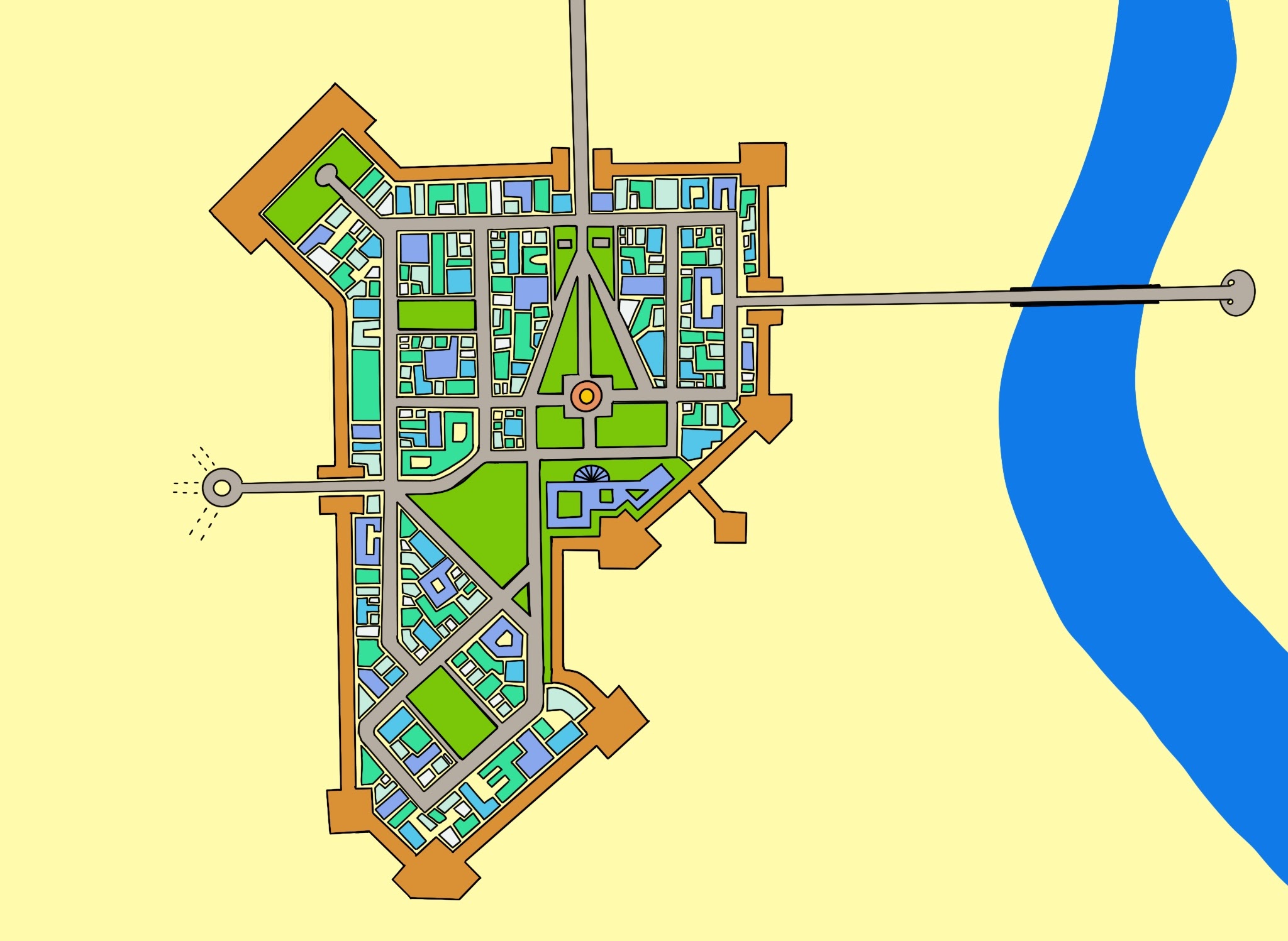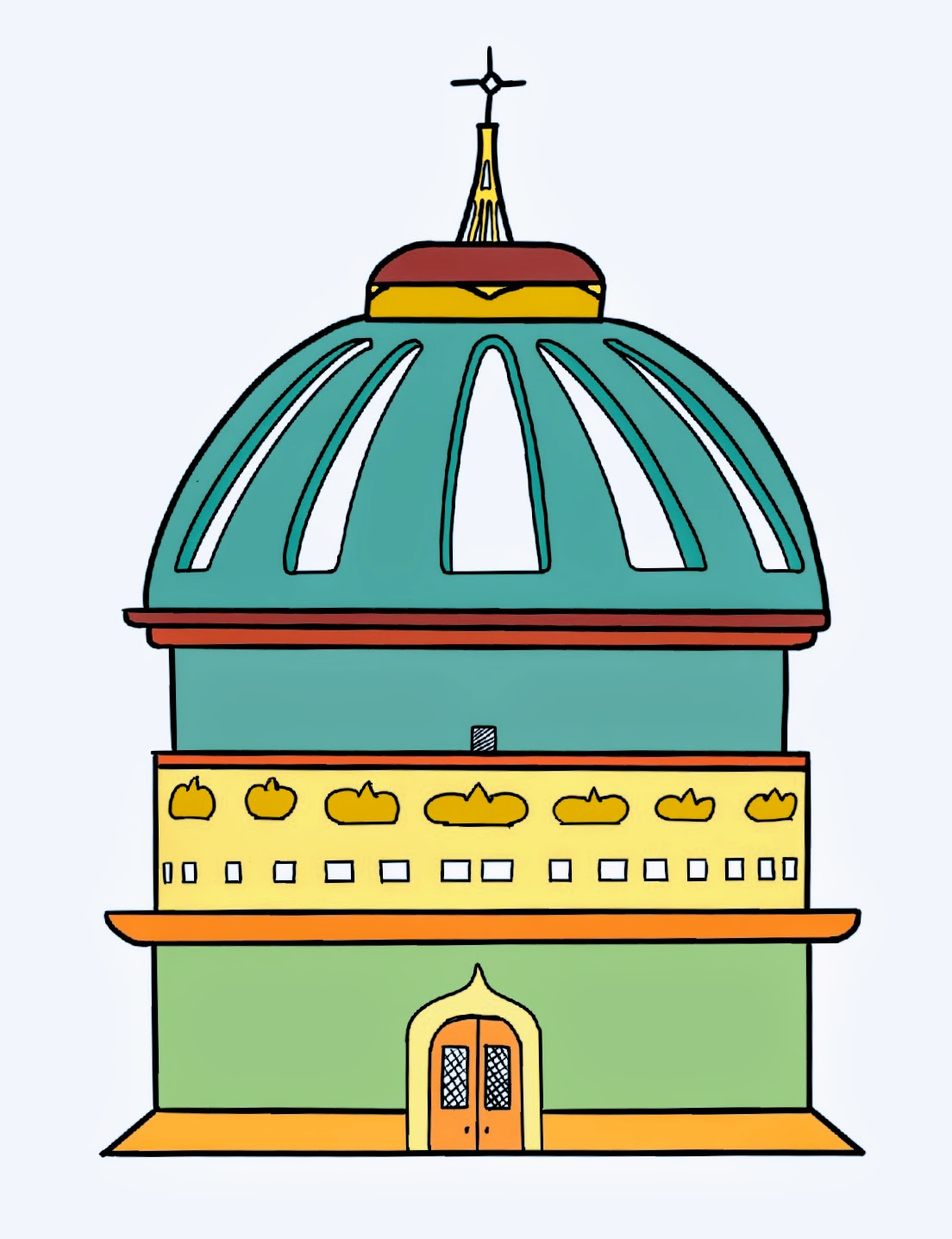Bek Budi
- Year - 15082
- Established - 14952
- Population - 175600
- Capital - Fort Budi
- System of Government - Clan Government
- Head of State - Salton Frain Voiur Note the Forth.
- Major Industry - Trade
- Currency - Tollon
- Expected Age - 62
- Average Yearly Income - 46,200 Tollon's
History
Though the Stleife People have lived in the western Karnak Desert plains since time immorial, they have not always been in control of their lands. In the centre prior to foreign occupation the Stleife People where week and had no defined leaders. It was in this atmosphere that Muzaffarnagar Republic took control of the country. The Muzaffarnagar Republic also occupied Shisur, Tarim and the Tatnani Coast. This occupied land area was known as Occupied Central Karnak. The Muzaffarnagar Republic people occupied Bek Budi for 6oo years, however in 14,952 it was again unified under the Stleife People by General Vod. General Vod did not become Sulton however there has been 6 Sulton's in the country's modern history.
One of the most recognisable symbols of Bek Budi is the sacred shrine of the Great Budi. Itis found in the central square of the city of its name. It was built to commemorate the death of General Vod who was in command of the Bek Budi Resistance Army in the time before and during the liberation war. He dies in 14968 with the shrine being finished 21 years later. The shrine has become the symbol of the new country and of a united people.
Demography and Population
Most of the population is made up of the Stleife People, about %80. However, there are two other minority cultures in the North of the country and on the coast. These minorities are the Drom People and the Auru People. There are also a small minority of Liptic People people on the southern and Eastern desert plains. When independence came about there was no resistance from these ethnic minorities as they thought rule under the Stleife People would be a lot better than that under the Muzaffarnagar Republic.
It is Stleife People tradition that their cities are fortified and walled. This is still strictly enforced with even small villages having strong fortifications. The tradition was kept by the Muzaffarnagar Republic during their occupation, partly due to their insecurity and partly because no major cities were built during their occupation. The coastal cities are also fortified even though the Stleife People are in the minority in these city's. This is very different from the other cities on the other gulf seaports.
Military
The military of Bek Budi is mainly made up of Navel Barges that patrol the rivers of the country. There are also City Garrisons that patrol the walls of the settlements and operate as local police. The military does not have an offensive capability but it is quite capable of defence.
Religion
The True Way is the major religion amungst the Liptic People but about 25% of the Stleife People also follow this religion. The other people of the region follow several smaller traditional regional based beliefs.
Agriculture & Industry
The Agricultural lands are mainly in the river valleys that cross the centre of the country, on the northern seaside plans and on the Eastern border regions.
The main agricultural products are grown on the mainly arid central farmlands are wheat, maize, beans, sunflowers or even watermelon. The oceanside farmlands in the north have farmlands of Lemons, Avocados and Tomatoes as well as a large seafood industry.
Trade & Transport
Bek Budi is a master of the art of trade. Unlike Attawapiskat and Nittadel, the Bek Budi do not stick to well defined trade routes but travel the whole desert region and up into the northern mountains, trading with such destinations as Saros, Kokand Island, Ernen, Roulo, and Seling Tso to just list a few.
The Bek Budi trade corridor is looked upon as an alternative route to that through Attawapiskat and as such has a practice of balancing the power of both Bek Budi and Attawapiskat, giving neither overwhelming power over the cross-border trade.
Infrastructure
The Cities of Bek Budi are all constructed in a similar manner with multiple interconnecting basement levels and under ground-level roads and walkways. These building methods have developed over centuries and now almost every new home is connected to 2 or 3 subterranean levels. Usually, they are a walking level and a level with services on it, but there is also sometimes an underground road network as well.
The area outside of the settlements is not very developed with infrastructure. Most of the roads are local with the 3 major rivers acting as the major highways with barges being used frequently for trade. There is only one deepwater trading port on the Bek Budi coast of the Petchenegs Sea. Trade from this post goes overland to the Riviere Du Sable where it is placed upon barges and moved up the river. This is because the mouth of the river is not navigable due to constant shifting sandbars. The barge traffic can then travel all the way up to the docks near the city of Marche Sud.
There is only one road from the Riviere Du Sable valley to the Riviere de Montagne river valley and it is only suitable for trade carried on the back of animals.
Roi du commerce fluvial. (King of the River Trade)
Founding Date
14952
Capital
Demonym
Bek'a'Budi
Leader
Leader Title
Government System
Tribalism
Power Structure
Dependent territory
Currency
Tollon
Legislative Body
Each settlement of over 500 people sends 1 representative to a national council which is held every 2 years and usually lasts for about 1 month. Each settlement has different ways to nominate their representative but usually, democracy is not one of them.
Judicial Body
The city Mayor is also the city Judge. Most judicial matters are managed at the local level. There are no corporal punishments but incarcerations are common with long periods of time being common. But incarcerations usually occur on work farms and not in prisons.
Official State Religion
Location
Controlled Territories
Neighboring Nations
Related Ethnicities






Comments